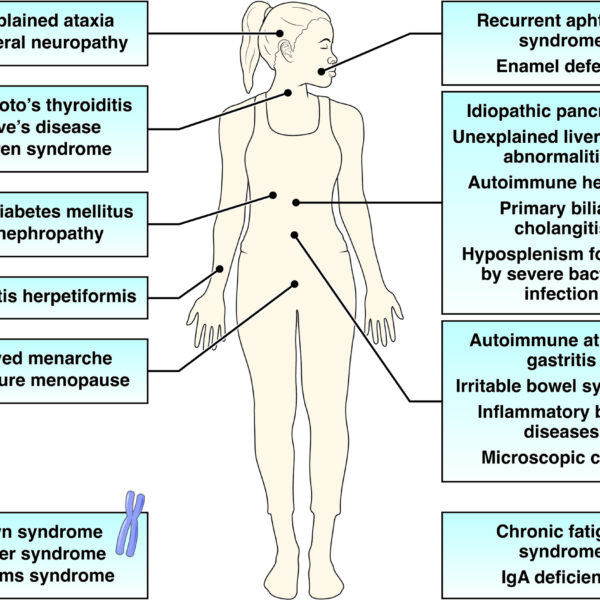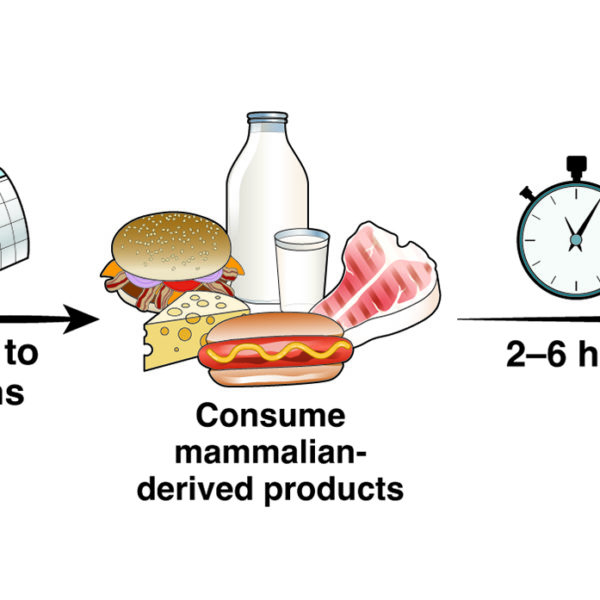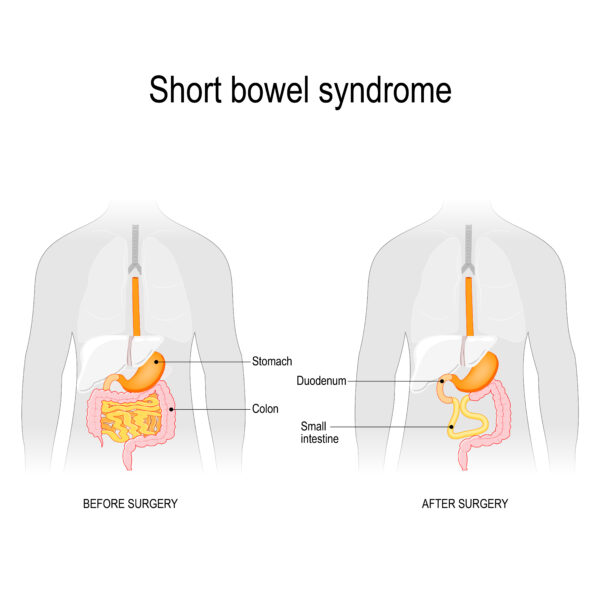
Celiac disease: Who should be tested
If you’ve been diagnosed with a condition related to celiac disease or have other risk factors, does that mean you should be tested for celiac disease?
Brought to you by the American Gastroenterological Association

If you’ve been diagnosed with a condition related to celiac disease or have other risk factors, does that mean you should be tested for celiac disease?

Alpha-gal syndrome is an allergy that causes your body to respond badly after eating meat from mammals and can cause GI or skin symptoms.

Short bowel syndrome (SBS) is a rare disorder that happens when you don’t have enough small intestine, or it doesn’t work well. As a teen or adolescent with SBS, it’s time to learn how to become comfortable making your own health care decisions.

If you have an ostomy with short bowel syndrome (SBS), you may need to adjust what you eat and drink to change your stool output.

Oral rehydration helps patients with short bowel syndrome stay adequately hydrated and maintain the correct amount of fluid in their body.

Short bowel syndrome (SBS) happens when you don’t have enough small bowel which stops your body from absorbing nutrients from food or drink.

Short bowel syndrome (SBS) is a rare disorder that happens when you don’t have enough small intestine, or it doesn’t work well.

If you have a colostomy with short bowel syndrome (SBS), you may need to adjust what you eat and drink to change your stool output.
Probiotics are often bacteria or other living organisms, like yeasts, that are usually found in foods or dietary supplements.
4930 Del Ray Avenue
Bethesda, MD 20814
301-654-2055
This website uses cookies so that we can provide you with the best user experience possible. Cookie information is stored in your browser and performs functions such as recognising you when you return to our website and helping our team to understand which sections of the website you find most interesting and useful.
Strictly Necessary Cookie should be enabled at all times so that we can save your preferences for cookie settings.
If you disable this cookie, we will not be able to save your preferences. This means that every time you visit this website you will need to enable or disable cookies again.
This website uses Google Analytics to collect anonymous information such as the number of visitors to the site, and the most popular pages.
Keeping this cookie enabled helps us to improve our website.
Please enable Strictly Necessary Cookies first so that we can save your preferences!